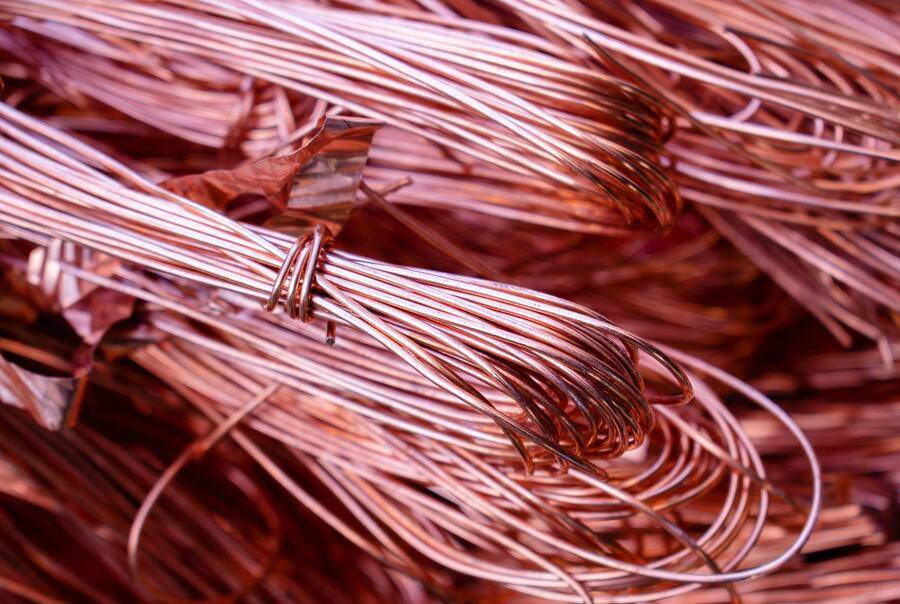

AUG 30, 2023
Copper wire, an indispensable and indispensable material, serves many applications from powering homes to communication. Each variety is specifically tailored for different industries' requirements. RCM Recycling takes a closer look at seven varieties that have unique properties and applications across industries and discusses why scrap metal recycling should be pursued as part of waste metal reduction strategy.
As its name implies, the bare copper wire does not possess any protective insulation, making it perfect for grounding applications due to its excellent electrical conductivity, durability, and malleability. Consequently, it has become a mainstay in various electrical projects.
Insulated copper wire can often be used for residential wiring applications as it offers added insulation against electrical discharge leakage resulting from electrical appliances or devices used around the home or in electronics and appliance manufacture.
Magnet wire, commonly called winding wire, is designed to carry electrical current in coils - making it the ideal material for motors, transformers, and electromagnetic devices. Thanks to thin insulation layers, it also enables tight coiling without degrading performance.
Coaxial cables comprise an inner copper conductor surrounded by an insulating layer, metallic shield, and outer insulating layer - used primarily in transmitting television signals, internet connections, and data transfers with minimal interference between high-frequency signals being carried over it and interference-sensitive data streams.
Twisted pair cables are widely utilized in telecom and networking. Consisting of pairs of insulated copper wires twisted together for reduced electromagnetic interference from external sources, this cable ensures reliable data transmission with great clarity and clarity.
Ribbon cables feature multiple parallel conductors intertwined and separated by thin insulation to resemble ribbons, providing connectivity within spaces where space may be at a premium. They're commonly seen used inside computers or with applications requiring tight access for applications with limited spaces; their design simplifies connectivity while still meeting safety requirements.
Armored cables are specially engineered to withstand complex environments. Composed of copper wires encased in metal armoring for extra protection from physical damage, moisture, or chemical exposure - armored cables are frequently seen indoors and out in industrial settings and outdoor installations.
Recycling copper wire has never been more essential to modern society; technology continues to advance, and new products emerge that use it, with old wire becoming valuable raw material sources through scrap metal recycling companies acting as vital providers in an ecosystem-minded approach to ensure valuable metals like copper are reused rather than wasted away.
If you find yourself with outdated copper wire that no longer serves a useful purpose, selling it to a reputable scrap metal buyer might be worthwhile. Scrap companies specialize in assessing various forms of copper wire based on factors like weight, grade, and condition, contributing towards sustainable and resource conservation practices.
At RCM Recycling, we take a responsible and eco-friendly approach to resource management, as an established scrap metal company that specializes in recycling copper products for both individuals and businesses alike. Our knowledgeable team ensures your discarded copper materials are properly assessed, processed, and repurposed - contributing towards creating a green future!